World
Investigating Germany’s Antisemitic Coup Movement
By Matt De Vlieger · December 20, 2023
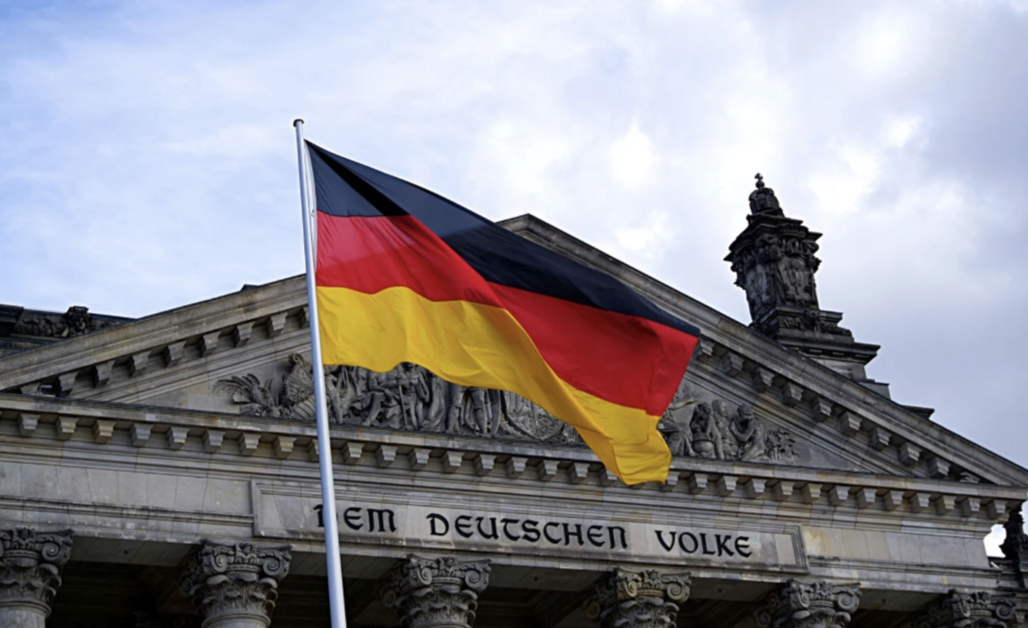
Germany's Dangerous Reichsbürger Movement
The far-right, anti-semitic Reichsbürger Movement, comprised of anticonstitutional revisionist groups in Germany, challenges the legitimacy of the Federal Republic in favor of the historical German Reich. This movement, which rejects the modern German state, has gained attention due to its dangerous ideologies and actions. Canva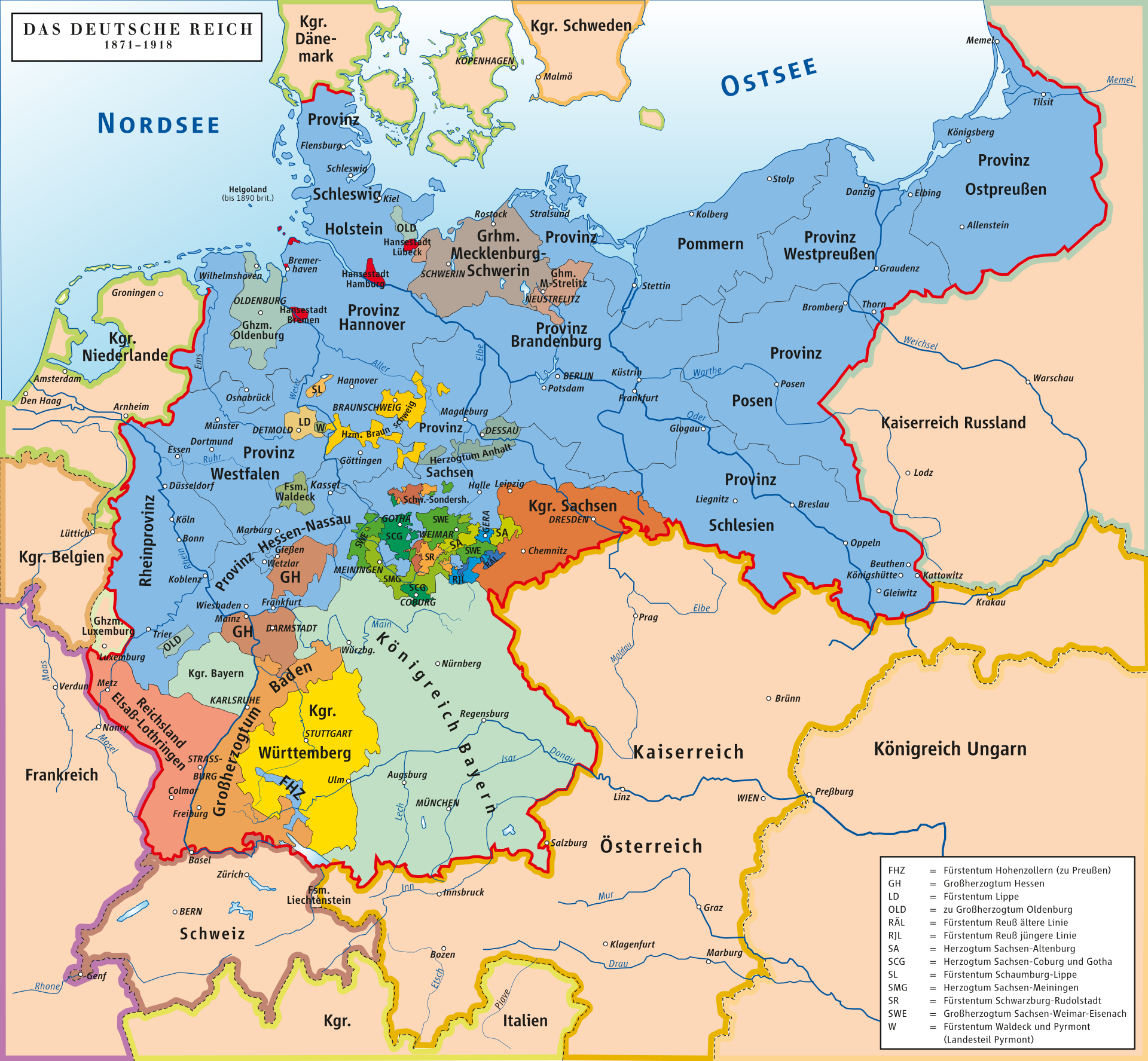
Who Are They?
At its core, the dangerous Reichsbürger Movement consists of groups and individuals who deny the legitimacy of the Federal Republic of Germany. Rejecting the modern state's existence, they cling to historical notions, such as the German Reich's pre-World War II borders, governed by various Reichsbürger groups.The image above shows the German Empire (a period of the German Reich) within its borders from 1871 to 1918. ziegelbrenner/Historischer Weltatlas
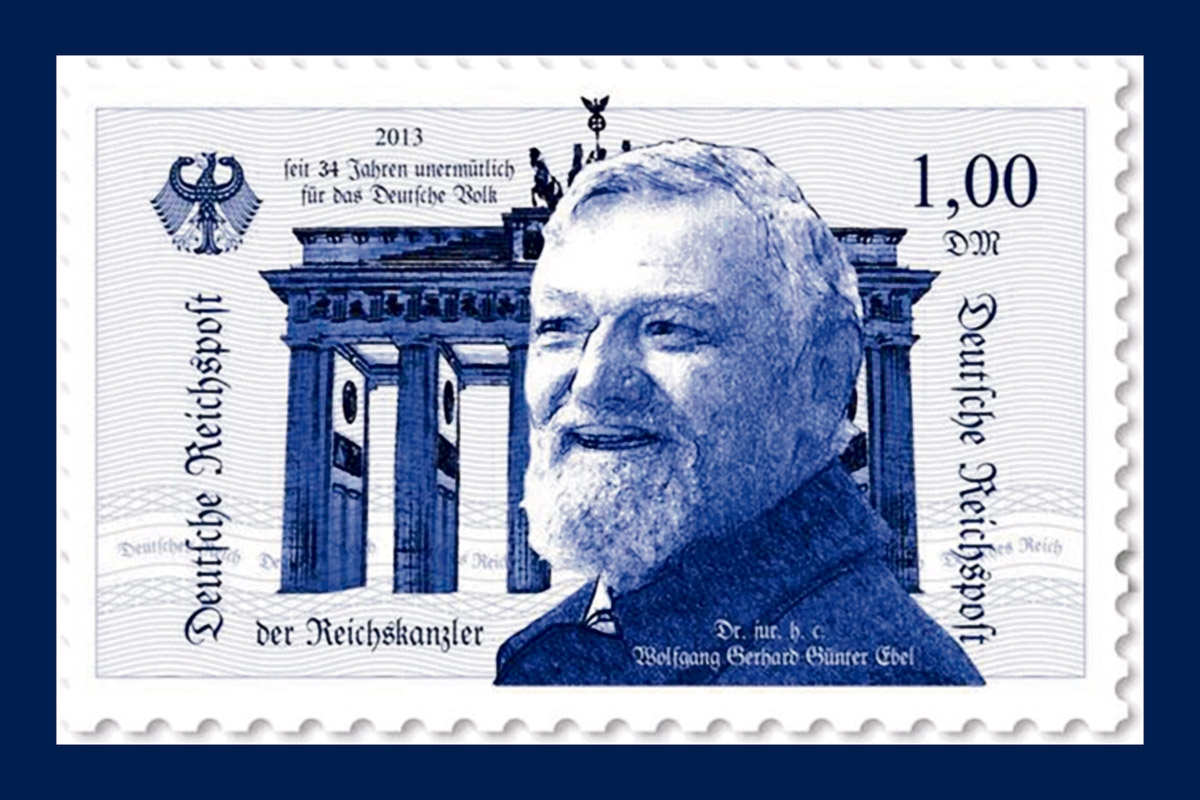
Origins of the Reichsbürger Movement
Founded in 1985 by Wolfgang Gerhard Günter Ebel, the Reichsbürger Movement emerged with conspiracy theories, antisemitism, and racism. Despite its neo-Nazi character, some members advocate for the restoration of the German Empire or Holy Roman Empire. It's reported that "Reich Citizens" as they are called, were active since the 70s and even made propaganda that German Chancelor Helmut Kohl was Jewish.The image above shows a fake stamp with Ebel's face printed on it. This was likely created by one of his zealots. Wikimedia Commons
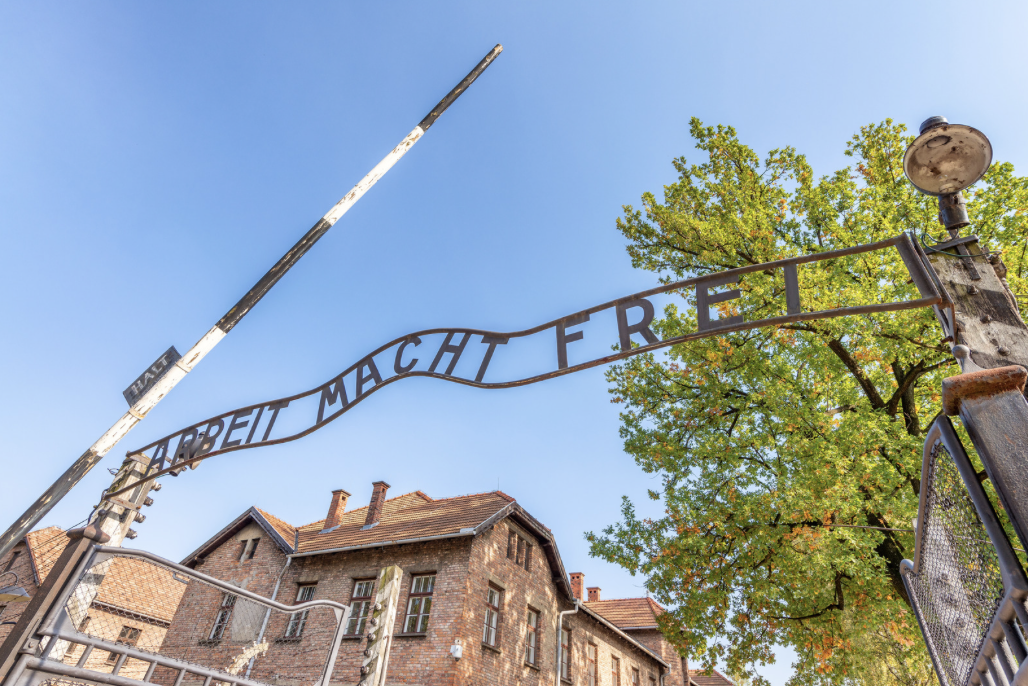
Ideologies and Characteristics
The movement is characterized by conspiracy theories, antisemitism, and racism, with some adherents aligning with neo-Nazi principles. Despite internal differences, rejection of the Federal Republic's legitimacy unites them.The photo above shows the infamous gate to Auschwitz, where the Third Reich exterminate much of Europe's Jewish population. Canva
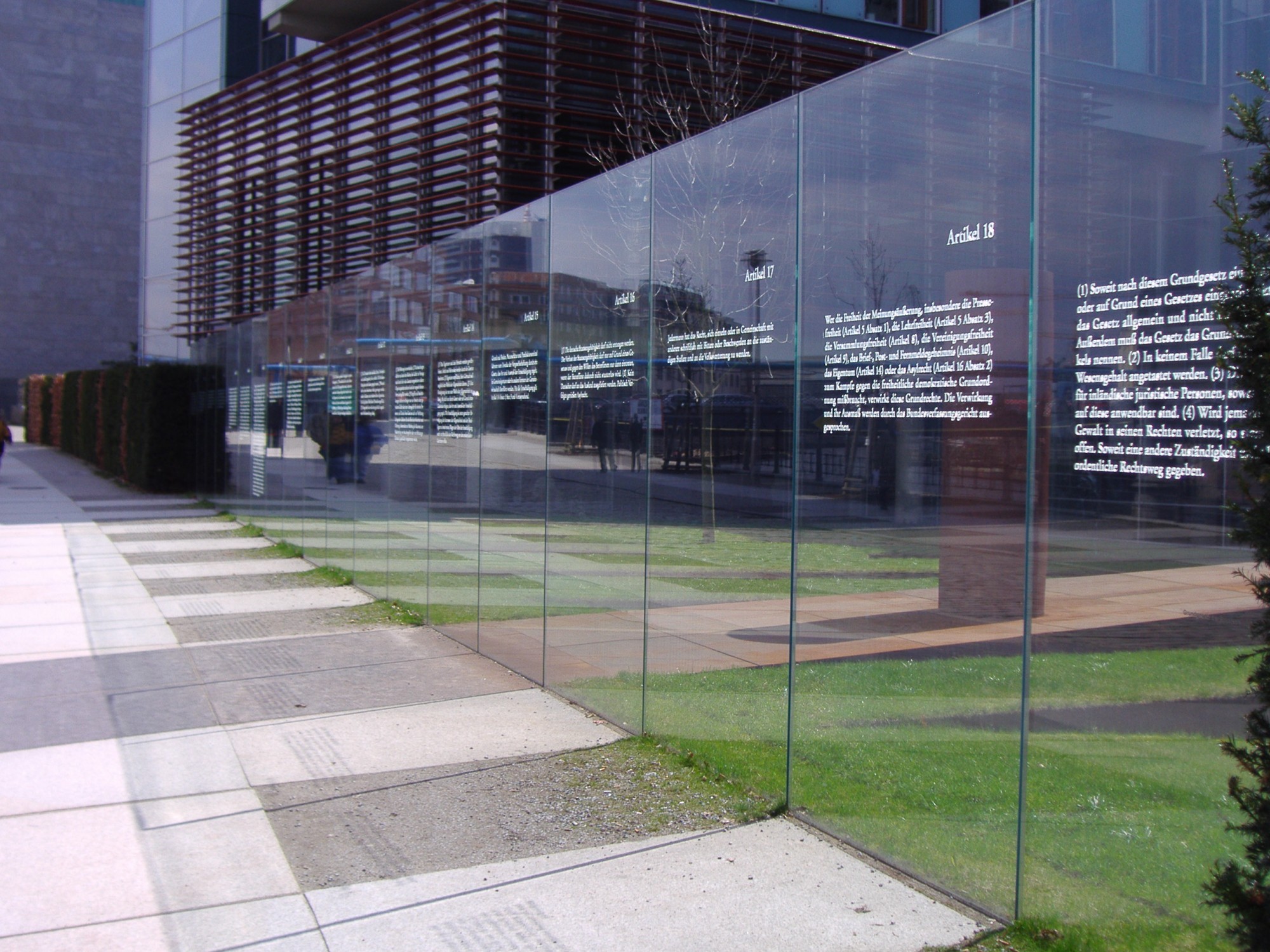
Rewriting History
Reichsbürger adherents believe the Federal Republic is illegitimate, asserting the survival of the German Reich. Their historical revisionism relies on selective readings of legal decisions and the 1973 Federal Constitutional Court ruling.The image above shows the Grundrechte or German Constitution printed on a glass wall at Jakob Kaiser House, part of the German Parliament quarter in Berlin. Michael Rose/jusdirekt.com/rechtsanwalt-muenchen
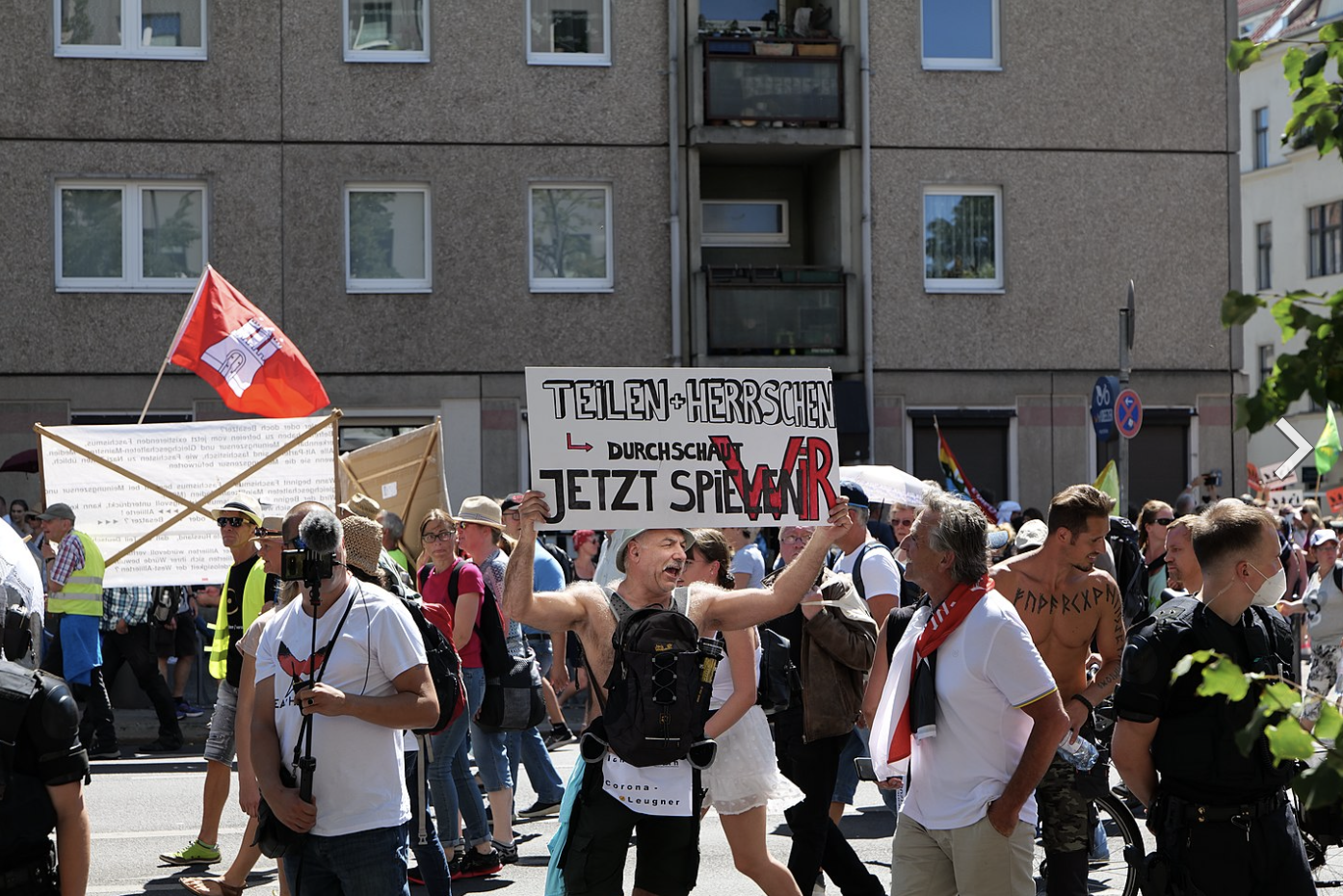
Membership and Growth Amidst Covid
As of 2021, there were an estimated 21,000 people belinging to the Reichsbürger Movement in Germany. Despite varying ideologies, the rejection of the Federal Republic unites this heterogeneous group.The Reichsbürger movement radicalized amid the COVID-19 pandemic, aligning with the "Querdenker" movement and resisting recognized authorities' restrictions. Despite their systemic rejection, Reichsbürger inundate German courts with motions and objections, causing burdens for local authorities, who are obliged to process every formally filed request, regardless of content.
Some Reichsbürger groups hold antisemitic views, exemplified by organizations like "Geeinte deutsche Völker und Stämme." Antisemitic conspiracy theories often underpin the movement's ideologies.
Image: During the lockdown era it was not uncommon to see coronavirus-conspiracy theory believers demonstrating along with right-wing extremists in Berlin. Leonhard Lenz/Wikimedia
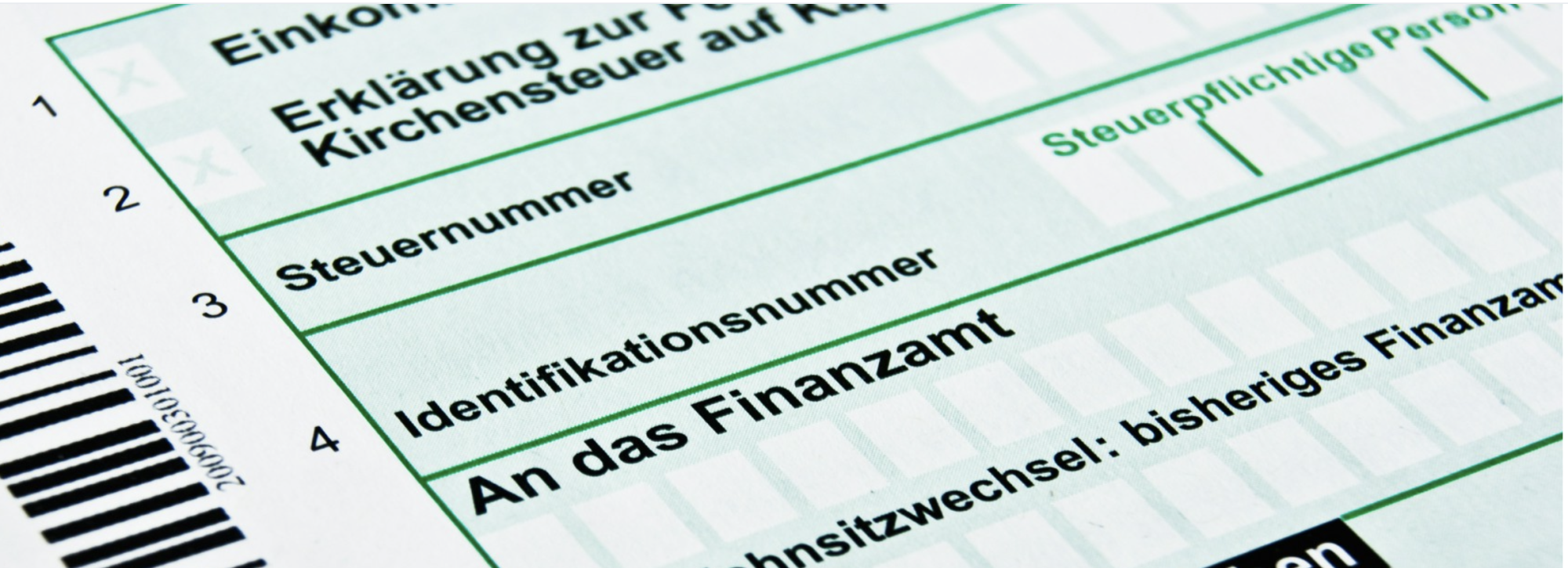
Activities and Strategies
The movement engages in activities ranging from issuing unofficial documents to refusing taxes. Some pursue armed militia plans, while others attempt to establish sovereign entities. Some say their ideology is not unlike that of the Oklahoma City bomber, Timothy McVeigh.Image: German tax form.

Violence and Extremism
Violent incidents, including the 2016 shootings and attempts to create militias, highlight the extremist nature of some Reichsbürger adherents:2014: In Höxter, North Rhine-Westphalia, a Reichsbürger group ("Free State of Prussia") attempted to smuggle weapons into Germany to create its own militia.
2016: Adrian Ursache, a self-proclaimed Reichsbürger and former "Mister Germany," resisted eviction by firing on German police, injuring two officers; he was later convicted of attempted murder. In Georgensgmünd another Reichsbürger fired on Bavarian Police during a firearm confiscation, resulting in three officers being injured and one later dying.
2018: Reports emerged that Reichsbürger adherents were attempting to build an armed militia in preparation for "Day X," an imagined day of reckoning or uprising against the German government.
April 2022: Four members of a Reichsbürger group called United Patriots were detained for plotting to overthrow the government. Their plan involved destroying electrical substations and power lines through bomb attacks to cause a nationwide power outage, with alleged intentions to kidnap German Health Minister Karl Lauterbach, who was aware of the plans.
Image: German Empire Flag flown by Adrian Ursache during the 2016 incident. In response to Germany's ban on swastika and Nazi symbols, some German neo-Nazis adopt an older Imperial German flag, known as the Reichskriegsflagge, as a substitute. The imperial flag, devoid of racist or anti-Semitic connotations, has gained traction not only in Germany but also in various European countries and the United States. Wikimedia Commons
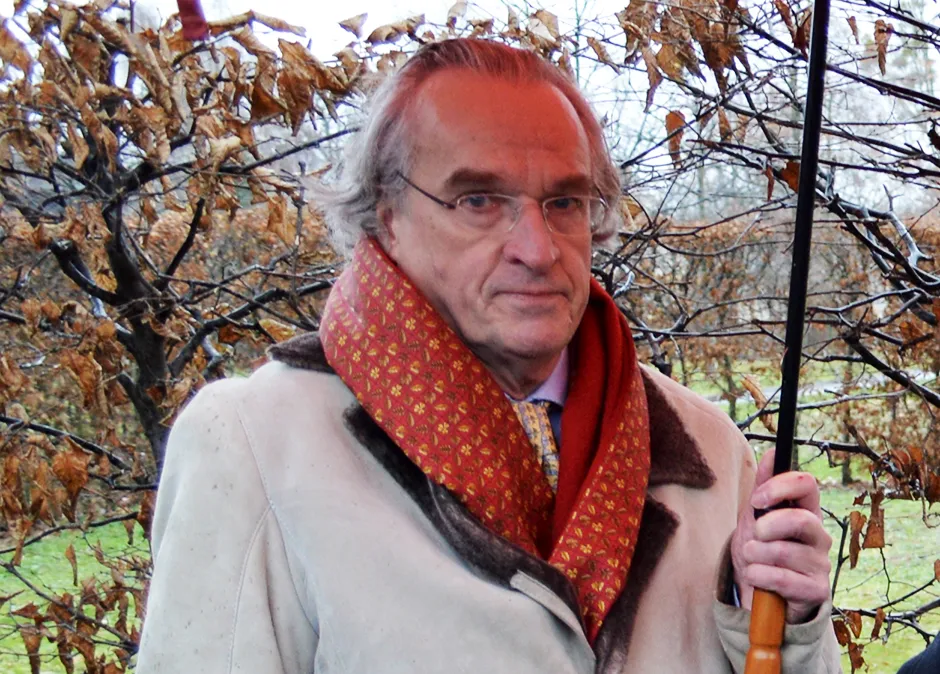
The Coup's Ringleader
The 2022 German coup d'état plot reveals connections between the Reichsbürger Movement and far-right extremism. Arrests of key figures, including aristocrat Heinrich Reuss and former politicians, underscore the group's dangerous nature.In April 2022, four members of a Reichsbürger group called United Patriots were detained for plotting to overthrow the government. The plan involved bomb attacks to destroy electrical substations and power lines, causing a nationwide power outage.
Image: Heinrich XIII Prinz Reuss who was arrested as the ringlearder of the 2022 right-wing extremist plot to overthrow the German government. Wikimedia Commons